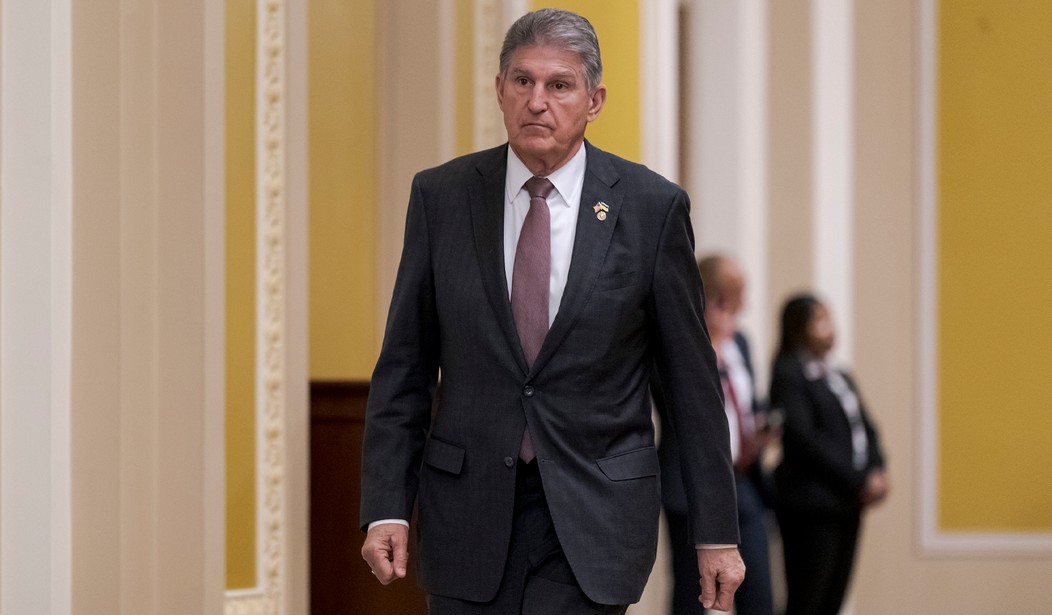Less than a year before election day 2024, the number of retirements in the House and the Senate may break a record for this cycle.
Thirty-four members of Congress have already announced they were not seeking re-election, including Senator Joe Manchin whose West Virginia Senate seat has moved from "Leans Republican" to "Safe Republican" in the Sabato Crystal Ball ratings.
Few retirements in Congress will lead to that kind of a decisive difference. Since most Congressmen are already in non-competitive districts, a retirement won't matter in many districts.
But there's still the known commodity vs. the unknown candidate. The known commodity is a proven fundraiser and vote-getter. So even with a high partisan lean in a district carried by Joe Biden, there's no guarantee a Democratic candidate will prevail.
According to Politico, out of the last 15 elections, the party with the fewest retirements has won 10 of them. Even with a partisan lean of 10, a district with a retired incumbent is still considered "in play" by the opposing party.
(FiveThirtyEight’ defines partisan lean "as the average margin difference2 between how a state or district votes and how the country votes overall. For example, if a state has a FiveThirtyEight partisan lean of R+5, that means it is 5 percentage points more Republican-leaning than the nation as a whole.")
Currently, there are 27 Democrats not running for re-election while only 9 Republicans are declining to run. Some of those candidates are running for another office such as governor and senator. But why those 34 retirements are significant is because the cycle hasn't hit its historic peak of announced retirements yet.
After the Christmas holidays is when the flood of retirements will give us an idea of what the electoral landscape will look like for 2024.
But that’s not how congressional retirements typically work. In fact, it’s the periods immediately following holiday breaks that have had the greatest number of retirement announcements, according to data covering the six previous election cycles compiled by the website Ballotpedia.
In a two-year election cycle, the most common month for House and Senate retirement announcements is January of the election year, when members have returned after the holidays. Since the 2012 election, an average of 6.5 members have announced their retirements that month. The only month with more retirement announcements than this one — so far — was January 2014, with 10.
The flood of congressional retirements can be an indicator of which party has the upper hand in the next election, though it turns out members of Congress aren’t necessarily savvier than the conventional wisdom.
What makes Republicans so optimistic, at least about the Senate, is that there are 20 Democratic Senators and three independents who vote with the Democrats running for re-election and only 10 Republicans. In addition to West Virginia, Republicans have excellent chances at a pickup in several swing states including Ohio, Michigan, Wisconsin, and Virginia.
The House is a different story. The GOP's 4-seat margin is in trouble given that New York has convinced a federal judge that the map drawn by another federal judge was unfair to Democrats. New York alone could flip 4 or 5 seats to the Democrats.
Retirements always test a party's organizational skills. They must recruit a new candidate, preferably with high name recognition, who can either self-finance or doesn't need a lot of help fundraising and is smart enough to avoid the landmines of running for political office.










Join the conversation as a VIP Member